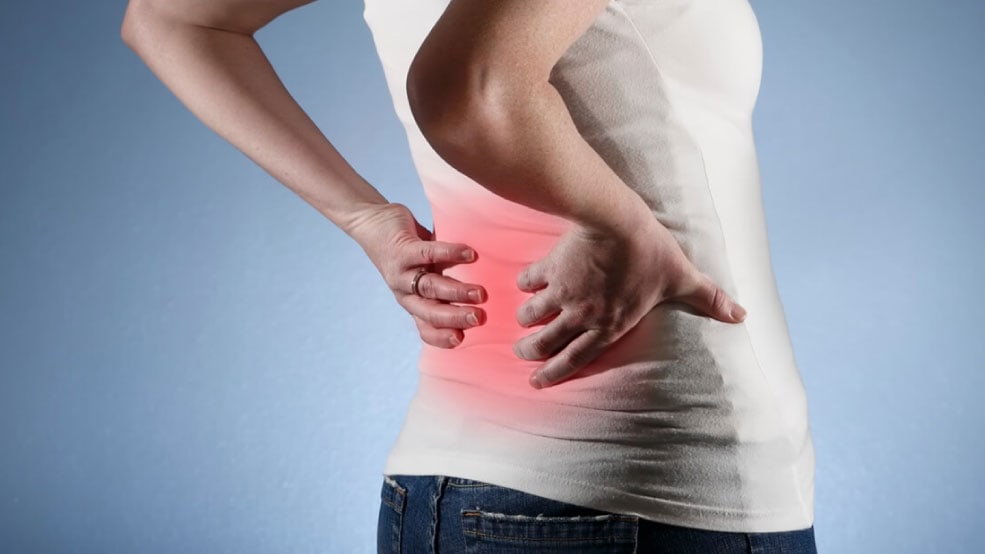Kidney Stones
Kidney stones have been on the rise in the last ten years. In 2015, over 22.1 million cases were recorded globally, resulting in about 16,100 deaths.
It is believed that between 1 and 15% of the global population are affected by kidney stones at some point in their life. In the US, one in ten people (usually between ages of 20 and 50) go to the emergency rooms each year due to kidney stones.
Sadly, about half of these people will have another stone within a decade.
Having kidney stones is more painful than you can imagine. It is even worse if the stones are more than 5 millimeters in size. The effects usually leave an indelible impression on patients’ memories for years.
Kidney stones can be prevented
However, the good news is that kidney stones can be prevented. Excited? Well, it’s not as easy as you might think. Preventing kidney stone requires you to be highly disciplined. You also need to note that most of the preventive measures vary with the type of stones involved.
Kidney stone prevention tips
Without much ado, here are few kidney stone prevention tips you should know:
- Drink lots of fluid: Increasing your total fluid intake to more than two liters per day of urine output will help you dilute the stone-forming substances in your urinary tract. These substances may include calcium, urate, phosphate and oxalate. According to a research paper presented at the National Kidney Foundation’s 2015 Spring Clinical Meetings in Dallas, people who produced 2.0 – 2.5 liters of urine daily were found to be 50 percent less prone to kidney stones than those who produced less. Apart from water, citrus beverages like lemonade and orange juice can be helpful.
- Increase your calcium intake to moderate levels: Moderate calcium intake will help you prevent the absorption of oxalate into the bloodstream by binding with the oxalate available in the gastrointestinal tract. Thus reducing the likeliness of developing kidney stones in susceptible people. To get the best results, we recommend that you go for calcium citrate supplements and between 800 - 1,000 mg of calcium per day.
- Limit your sodium intake: Taking excessive amounts of sodium supplements or salt can result in increased levels of calcium in your urine. This usually triggers kidney stones in people that are already susceptible. We recommend that you limit your sodium intake to 1,500 – 2,300 mg per day.
- Take adequate magnesium: Adequate intake of magnesium helps stimulate the production of calcitonin which takes calcium out of the blood. Magnesium also converts Vitamin D into its active form so that it can assist in calcium absorption. All these help regulate active calcium transport and prevent kidney stones. Foods like buckwheat, beans and vegetables can help you achieve the desired objective. We recommend that you take an average of 400 mg of magnesium supplements per day.
- Limit animal protein intake: It has been found that animal protein consumption is associated with recurrence of kidney stones especially in men. Foods like red meat, eggs, and seafood increase the level of uric acid resulting in kidney stones. It is therefore advisable for you to reduce your animal protein intake to a reasonable level.

